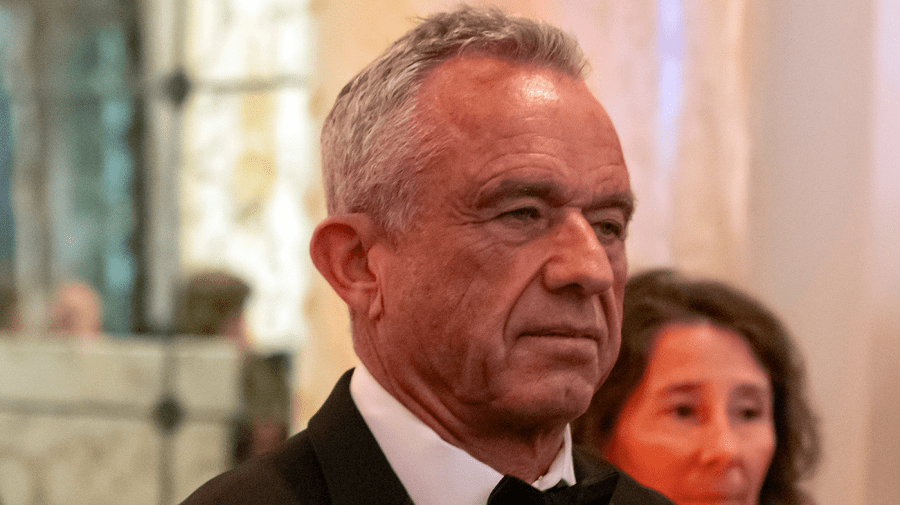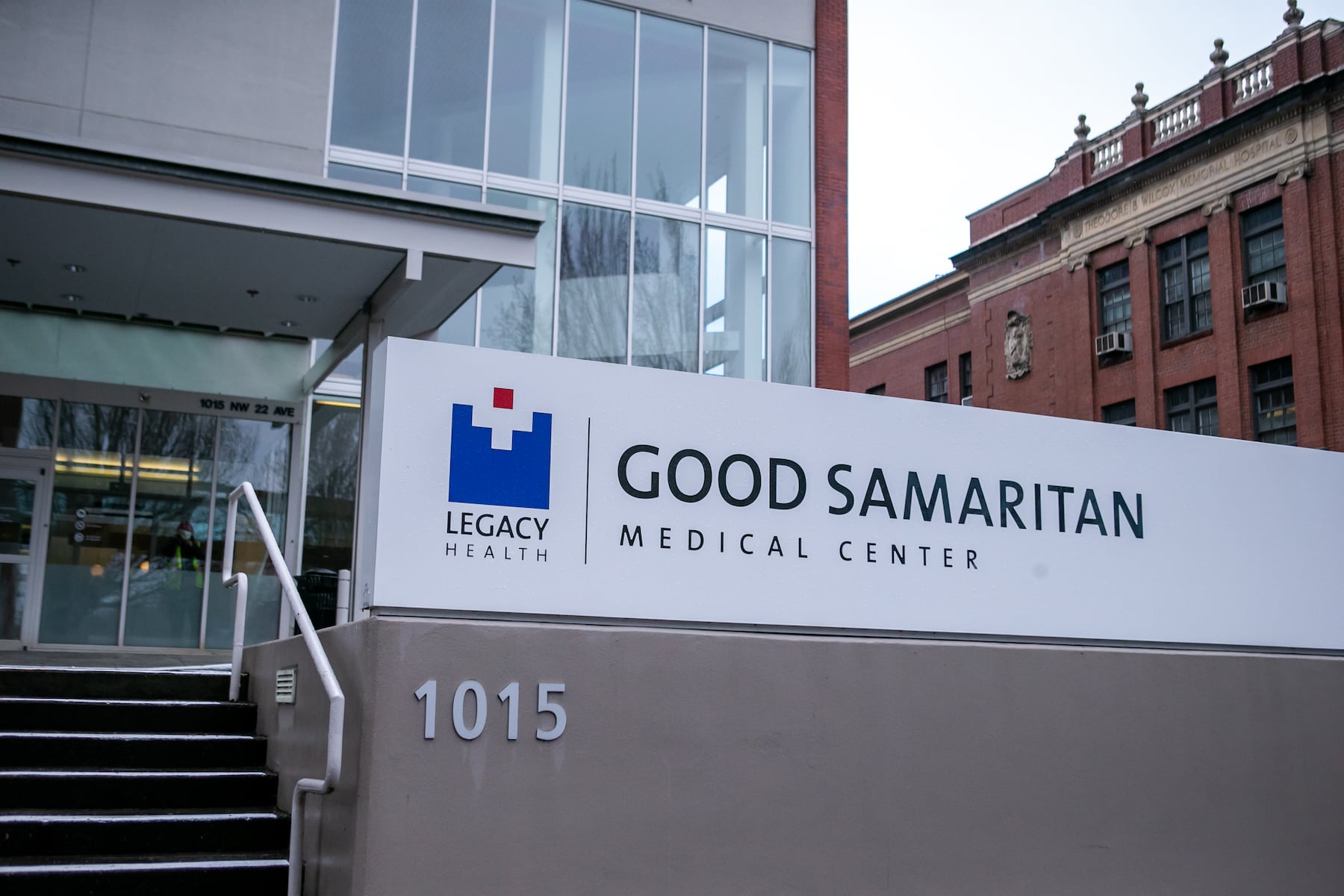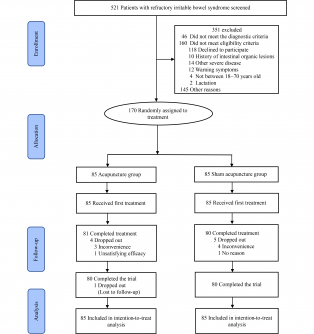Engagement in creative activities may enhance brain health and could contribute to slowing the aging process of the brain, according to a recent study conducted by researchers at the University of California. The findings, published in March 2024, emphasize the importance of creativity in maintaining cognitive functions as individuals age.
Research indicates that participating in creative pursuits, such as painting, writing, or playing music, can lead to significant neurological benefits. The study analyzed data from over 1,200 participants aged 50 and older, demonstrating a clear connection between creative engagement and improved brain health.
Significance of Creative Engagement
The research highlights that creative activities stimulate various cognitive processes, which may enhance neural plasticity—the brain’s ability to adapt and reorganize itself. This adaptability is crucial for maintaining cognitive functions, especially in older adults. Participants who engaged in regular creative activities showed a 25% lower risk of cognitive decline compared to those who did not.
Dr. Emily Carter, the lead researcher, noted that “the act of creating not only enriches the mind but also fosters a sense of fulfillment and purpose.” This intrinsic motivation can further encourage individuals to engage in stimulating activities, creating a positive feedback loop for brain health.
Broader Implications for Aging Populations
As global populations age, the implications of this research become increasingly relevant. With the number of individuals aged 65 and older projected to reach 1.5 billion by 2050, finding ways to promote brain health is paramount. Encouraging creative pursuits could serve as a vital strategy in combating age-related cognitive decline.
The study’s findings align with existing literature that emphasizes the role of mental stimulation in healthy aging. Dr. Carter’s team plans to further investigate how different types of creative activities may affect various aspects of brain function. This ongoing research could pave the way for new interventions aimed at enhancing cognitive health in older adults.
Ultimately, fostering creativity might not only enrich individual lives but also contribute to healthier aging societies. As more people acknowledge the cognitive benefits of creative engagement, communities may begin to prioritize and promote creative programs, ensuring that individuals can enjoy these neurological advantages throughout their lives.
In summary, the link between creativity and brain health offers promising insights into how active engagement in the arts can potentially slow brain aging. As research continues to unfold, society stands to gain a deeper understanding of the vital role creativity plays in our overall cognitive resilience.







